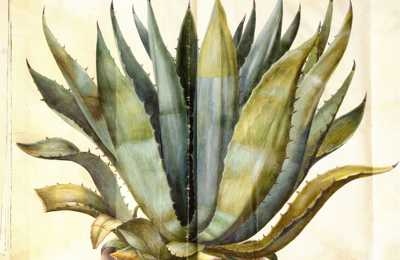Welcome to Plant Humanities Lab
The Plant Humanities Lab is an innovative digital space that supports the interdisciplinary study of plants from the various perspectives of the arts, sciences, and humanities, to explore their extraordinary significance to human culture.
Humans rely on plants for our most fundamental individual and social needs: from food, medicine, and construction to our encounters with them in art and literature. Although we think of plants as rooted in place, their global travels over the millennia offer fascinating pathways into the past and illuminate some of the most burning issues of today, including legacies of colonial violence and displacement. Climate change, habitat loss, and accelerated species extinctions add to the urgency of researching plant–human interactions and acknowledging the importance of plants in our environment.
![Agave: A Plant with an Intoxicating History]()
Agave: A Plant with an Intoxicating History
Agave, a genus of about 200 monocot species native to the Americas, is best known today as the source of tequila. Beyond spirits, agave has long held cultural, religious, and environmental significance, shaping ancient Amerindian life, European botany, Mexican identity, and modern sustainability efforts.![Black-Eyed Pea: Crop, Culture, Class]()
Black-Eyed Pea: Crop, Culture, Class
The black-eyed pea has a rich global history, shifting from a sacred African symbol to a humble food for laborers and enslaved peoples. Today, it’s celebrated worldwide as both a cultural touchstone and a versatile ingredient that bridges old and new traditions.

